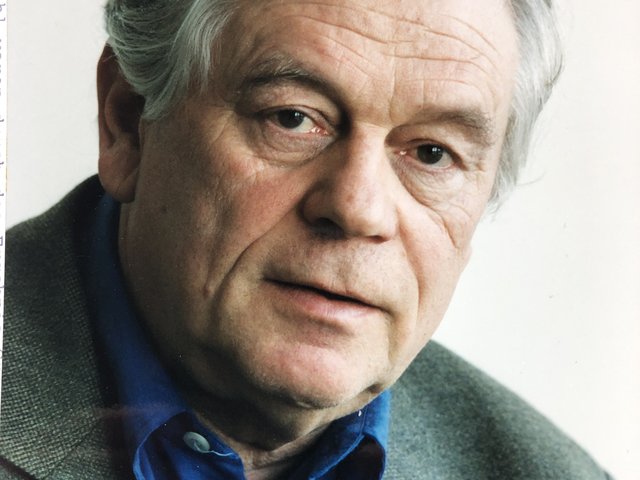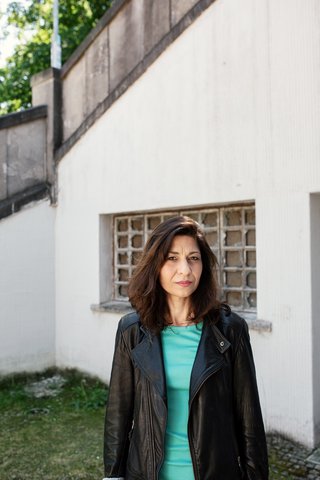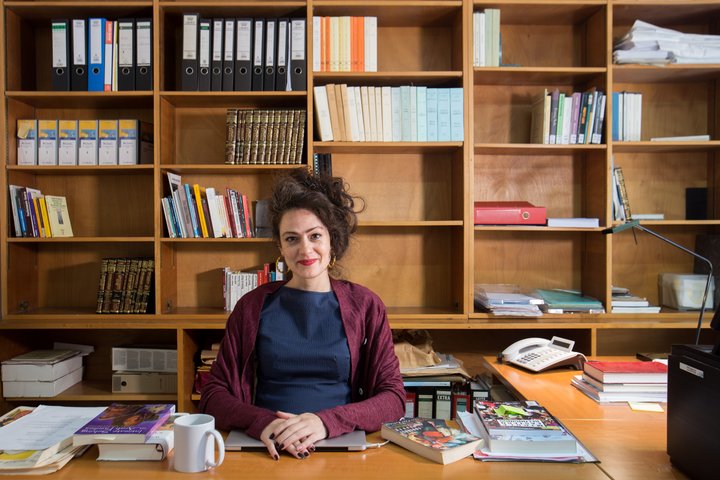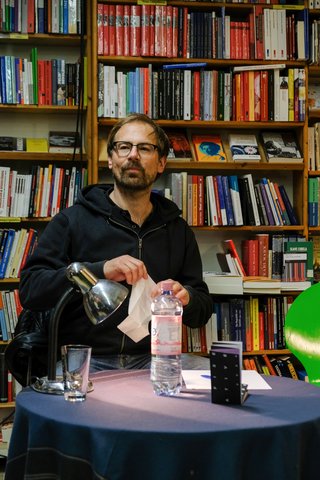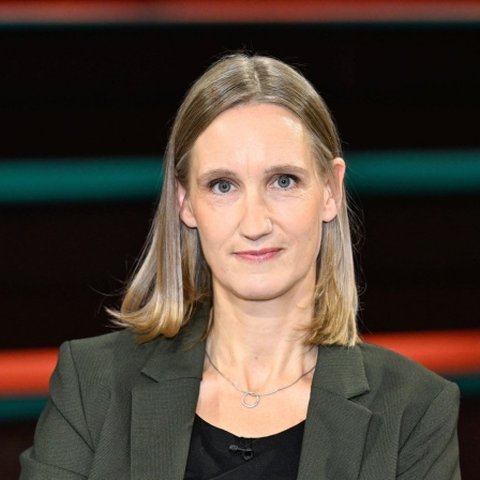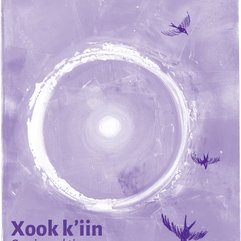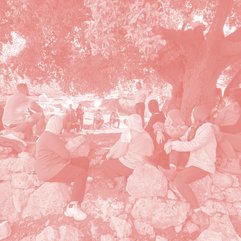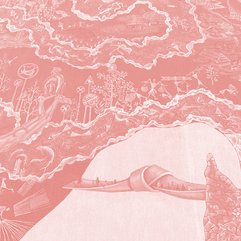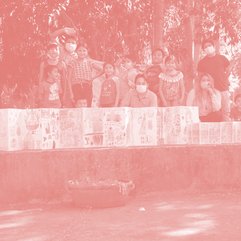Zeit zu reden Memory Culture (2): What does “Never again is now” mean?
A critical discussion about formal commemoration and multi-perspective recognition
19.00-22.30
Save the Date
for adults
in German

Few countries are as profoundly shaped by their culture of remembrance as Germany. The lessons drawn from National Socialism and the Holocaust have played a crucial role in shaping Germany’s development into a liberal and democratic society. And to paraphrase historian Elke Gryglewski, ’the state that was once the "world champion in genocide" seemingly became the "world champion in remembrance"—a country filled with memorials, museums, and commemorative monuments, with national days of remembrance and formal ceremonies in the Bundestag.
Yet, despite this extensive memory culture, most Germans know little about Jewish life. Jewish people fear wearing a kippah in public. Sinti and Roma face racist hostility. And politicians justify laws and policies with exclusionary rhetoric that fuels resentment against foreigners, Muslims, refugees, Palestinians, and other marginalized groups.
So, what is flawed in Germany's approach to remembrance? What are the lessons from the Holocaust 80 years after the end of World War II? What kind of memory culture does Germany need in times when far-right and nationalist ideologies are gaining strength? And what does the phrase "Never again is now" truly mean? Does it express unconditional solidarity with Jewish individuals, the state of Israel, or with all communities facing threats of annihilation — including Palestinians in Gaza?”
Since most people in Germany do not have a personal memory of National Socialism, commemoration must evolve into active learning—not imposed by the state, but developed through individual engagement. This panel brings together experts in German history and society to explore what a pluralistic, future-oriented remembrance culture might look like. They, like other experts, explore a multiperspective approach—one that understands the Holocaust not solely through a German lens or through German ancestry, but also includes voices shaped by other experiences of displacement, persecution, and racism. Personal experiences with displacement, persecution, and racism can contribute to historical awareness. Instead of demanding that Syrians, Ukrainians, Vietnamese, Turks, and Palestinians pledge allegiance to the state of Israel, this approach helps to refocus on an issue of central importance: that the Holocaust should be recognized as a singular crime against humanity.
What does this mean for politics, education, and civil society? How can Germany cultivate a memory culture that acknowledges its unique historical responsibility while staying committed to the universal lessons of the Holocaust?
Participants: Wolfgang Benz, Asal Dardan, Sarah El Bulbeisi and Gerhard Hanloser
Moderation: Kristin Helberg
Die Veranstaltung findet mit freundlicher Unterstützung der Stiftung Mercator statt.



